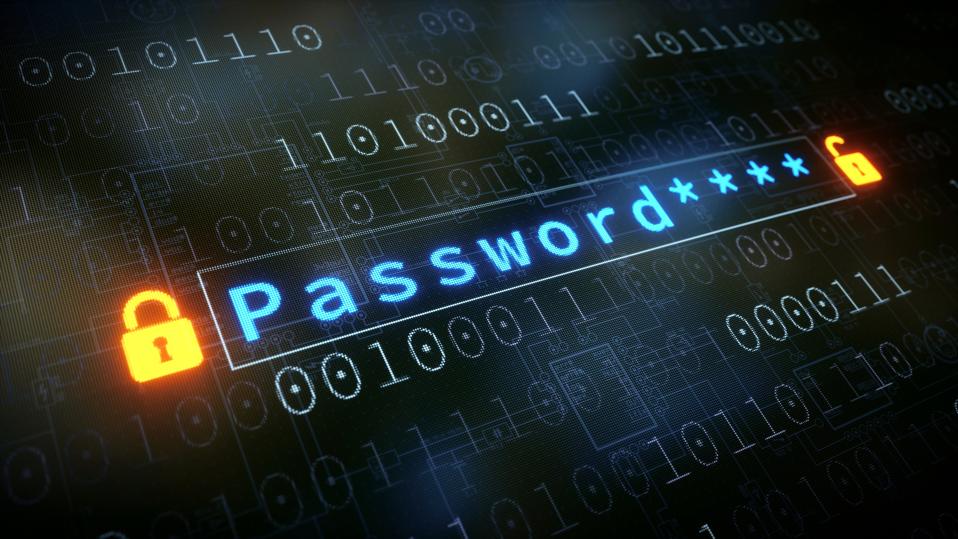A staggering 16 billion login credentials, including passwords, have been exposed in what cybersecurity experts are calling one of the largest data breaches in internet history. According to a report by India Today, this unprecedented leak poses a severe risk to the personal data of millions globally, potentially fueling widespread phishing scams, identity theft, and account hacking.
The breached data, discovered by CyberNews researchers, spans across at least 30 databases and includes login information for a vast array of services. Major platforms such as Google, Apple, Facebook, Instagram, Gmail, GitHub, Telegram, various VPN services, and even government portals are among those affected.
What makes this breach particularly alarming is the “freshness and structured nature” of the leaked data. Unlike recycled information from older breaches, most of these credentials are new and appear to have been collected through “infostealer” malware malicious software designed to silently extract usernames and passwords from infected devices.
This “weaponizable intelligence at scale,” as researchers describe it, provides cybercriminals with a “blueprint for mass exploitation.”
The ease with which this stolen data can be accessed and purchased on the dark web further exacerbates the threat, making virtually everyone vulnerable. Experts are urging immediate action from internet users worldwide.
Recommendations for Users:
Change Passwords Immediately: Prioritize changing passwords for all online accounts, especially those linked to banking, email, and social media.
Strong, Unique Passwords: Create complex and unique passwords for each account. Consider using a password manager to generate and store these securely.
Enable Multi-Factor Authentication (MFA): Activate MFA wherever possible. This adds an extra layer of security, making it significantly harder for unauthorized individuals to access your accounts even if they have your password.
Consider Passkeys: Google has been advocating for the adoption of passkeys as a more secure alternative to traditional passwords.
Be Vigilant Against Phishing: Exercise extreme caution with suspicious links received via email or SMS, as these are common tactics used by cybercriminals.
Monitor Accounts: Regularly check your online accounts for any unusual activity.
Utilize Dark Web Monitoring Tools: Services that monitor the dark web can alert you if your credentials appear in known breaches.








